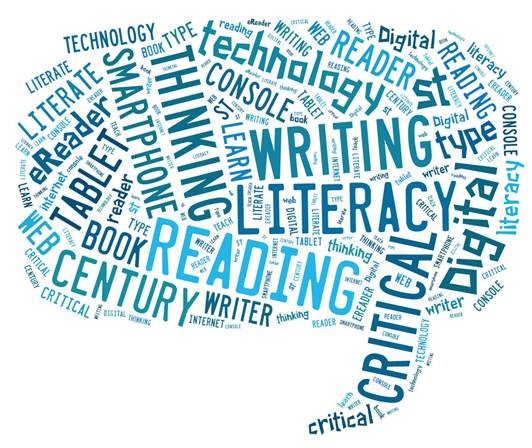To learn to read is to light a fire; every syllable that is spelled out is a spark. ~Victor Hugo
Language opens doors. It unlocks the world of reading and the imagination, the excitement of writing, the capacity to explore new subjects and releases our potential to learn and grow as an individual. In schools, it underpins progress, impacts on attainment throughout primary and secondary years, affects self-esteem and behaviour and plays a huge role in a child’s future life chances. Without enough language – a word gap – a child is seriously limited in their enjoyment of school and success beyond. Jane Harley, Oxford University Press
We believe that language is at the heart of education and strive to develop students’ spoken language, reading, writing and vocabulary to ensure access to the whole curriculum. When we talk about literacy, we are talking about communication skills, particularly a child’s ability to read and write. We know that literacy demands, such as the type and amount of text children read, increase considerably in secondary school from primary school. We therefore prioritise teaching for literacy across all subjects and offer literacy intervention according to a child’s needs; however, parents and carers who support their child’s literacy at home can make a real difference.
Here are a few ideas:
- Make reading a regular evening activity. Your child could do this independently or with your support or through listening to an audiobook.
- Immerse your child in a wide range of reading materials beyond just books, such as newspapers, recipes, instruction manuals, comics and magazines.
- Visit the library and take books home.
- Talk to your child about what they are reading and point out interesting words in books and in daily life.
- Encourage your child to watch videos or TV with subtitles on.
- Encourage your child to write: this could be stories, poems, a diary, postcards or letters. Authorfy.com has some great writing challenges and masterclass videos.
- Try online vocabulary learning programmes and apps, such as vocbalary.com, freerice.com, Quizlet and Memrise.
- You can also find some recommended booklists on these sites:

